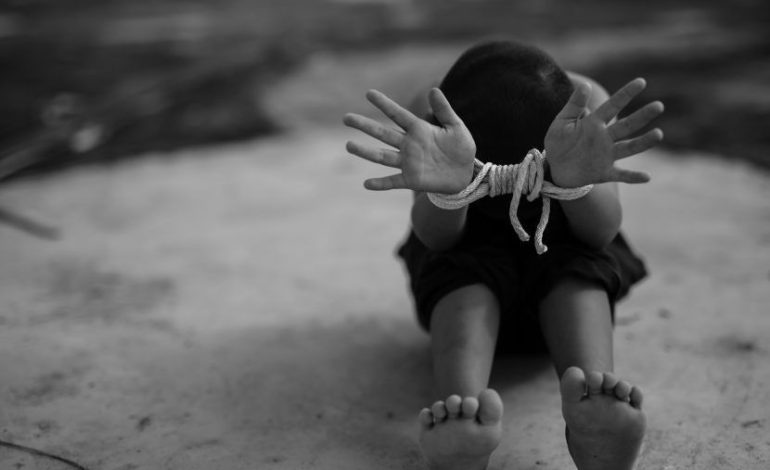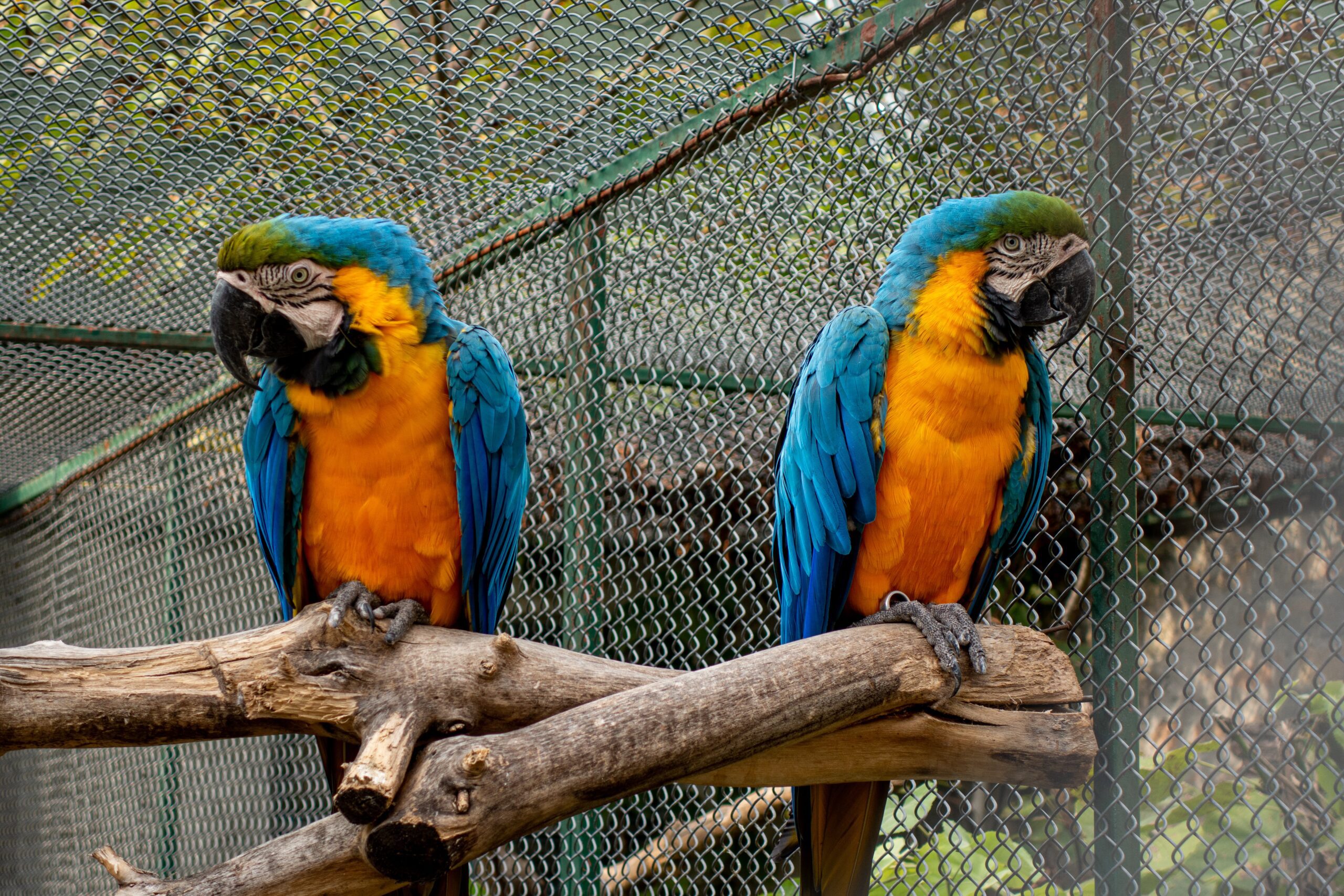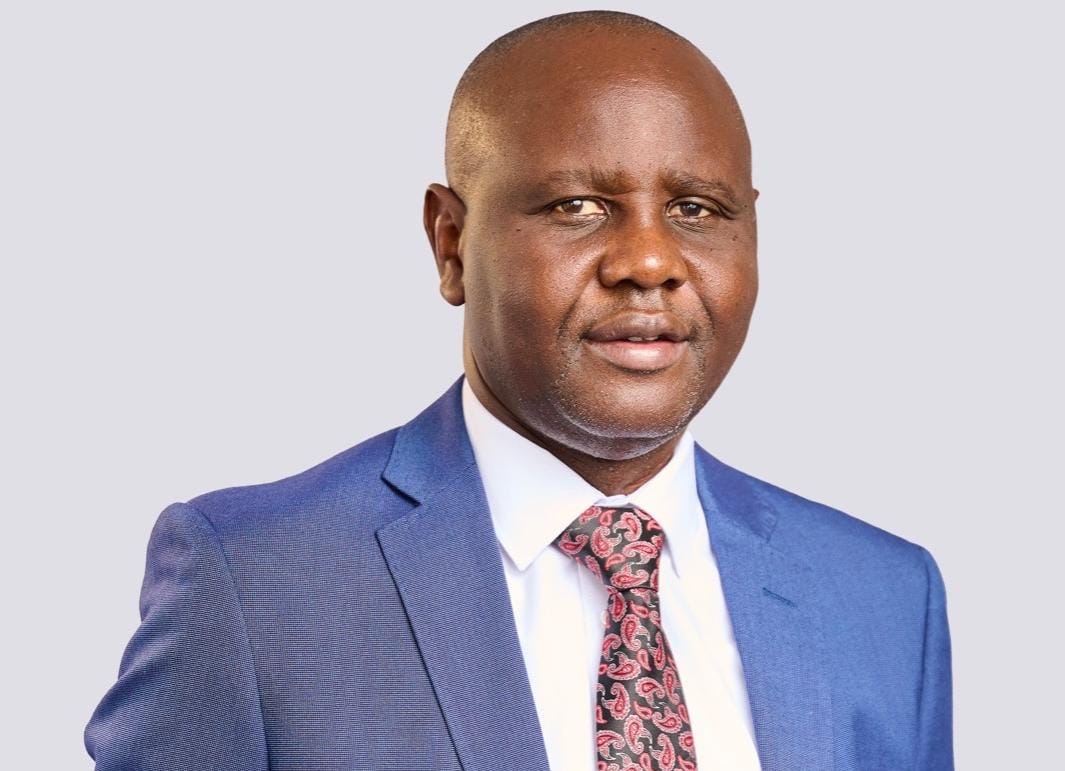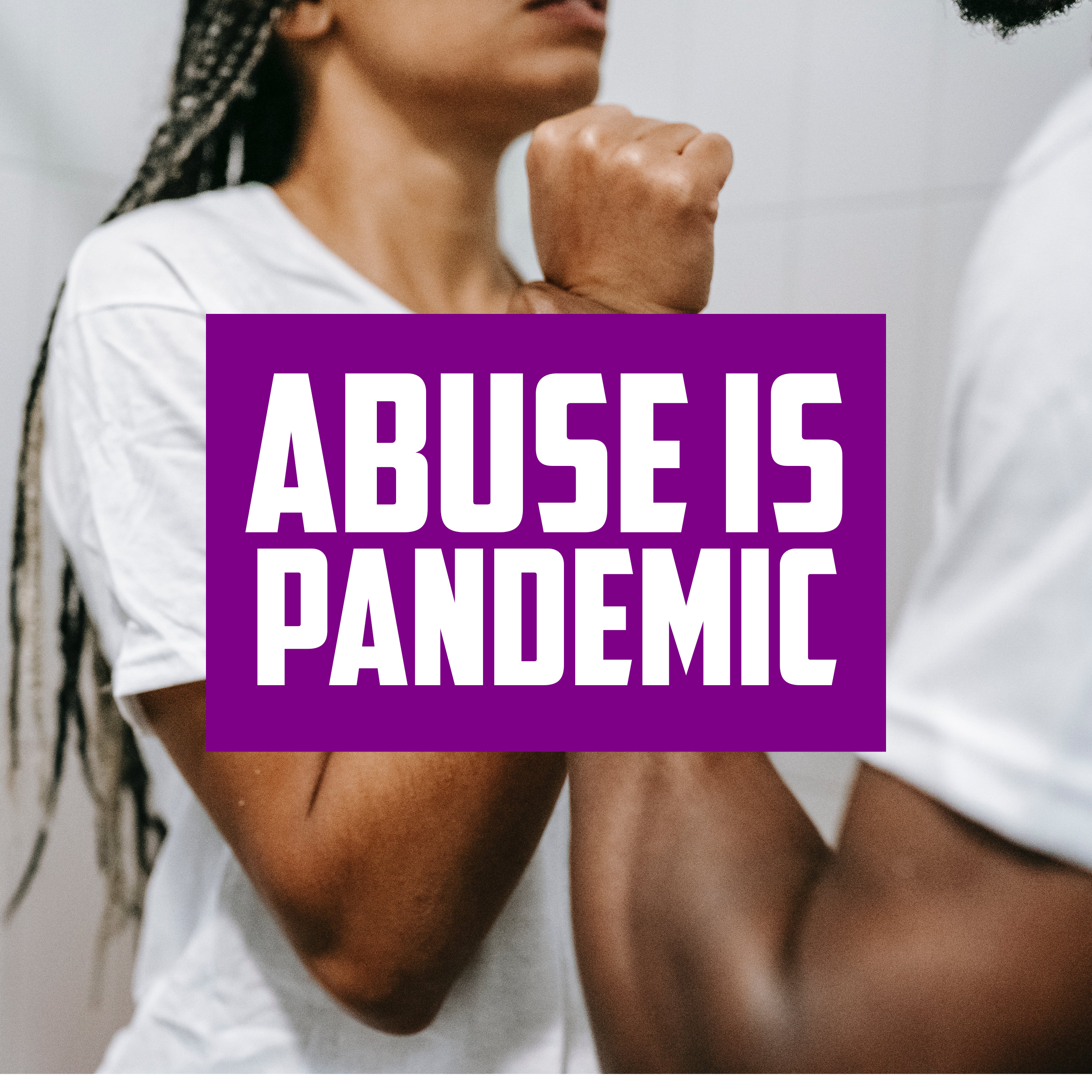It Will Take Concerted Efforts to Combat Human Trafficking

In recent years, human trafficking has become a global menace. Human trafficking is not only a violation of human rights but also a crime. It involves the recruitment, transportation, transfer, harbouring or receipt of a person (a woman, man or a child), often over international borders but also frequently within the boundaries of a single country, for exploitation.
Poverty remains the biggest driver of human trafficking with Kenya being a hotspot in the region. Now more than ever, more people are at risk of human trafficking thanks to the skyrocketing prices of goods, the climate change crisis, and the COVID-19 pandemic. Since the onset of the pandemic, millions of people globally have been out of work and children out of school plunging them further into poverty.
According to a 2017 study by the International Labour Organization (ILO) that was titled Global Estimates on Modern Slavery, 40 million people were victims of Human trafficking, with 25 per cent being children. In addition, statistics released by the United Nations Office on Drugs and Crime (UNODC) in the 2020 Global Report on Trafficking in Persons indicate that one-third of all the detected human trafficking victims are children and that this figure has tripled over the past 15 years.
While anyone can be a victim of human trafficking, women and girls are predominantly targeted, with victims being forced into marriage including child marriage, domestic servitude and even forced labour. Several interventions have been made, including the enactment of the Kenya Counter Trafficking in Persons Act in 2012. The act has provisions for penalties between five years to life imprisonment for perpetrators of human trafficking. Further, through increased collaboration between governments, NGOs and various foreign governments many human trafficking victims have been rescued. Despite these efforts, much more needs to be done to put an end to human trafficking.
It will take collaborative efforts to have a society free of human trafficking. None of us is powerless. As an employer, journalist, family member, colleague, or neighbour, you have the power to act against human trafficking. Employers can give job opportunities to vulnerable youth or employ survivors of trafficking after their TVET graduation. Those decisions can be life-changing!
READ ALSO: 7 ways to protect your child from child traffickers
For the Media, uncovering and exposing this crime and giving voice to survivors without stereotyping is a significant contribution. As for the public, it is important to educate oneself on the issues, stay informed and support at least with their voice. Migrant workers have a role to play too by gaining information on safe travels/migration and rescue channels before they leave the country.
Daily experiences at the Awareness Against Human Trafficking (HAART) Kenya, show that family members play a crucial role in the decision to migrate. If hopeful onboardings have led to abuse and exploitation, family members’ support is crucial for successful reintegration and avoiding re-trafficking.
The place of technology in relation to human trafficking is also not to be ignored. As the world commemorated the Day Against Trafficking in Person this year under the theme of Use and abuse of technology, it was clear that technology is both a curse and a blessing as it can enable and frustrate efforts to end human trafficking. The Covid-19 pandemic has increased the demand for the internet with many people working from home and children doing online studies. With the easy access to the internet globally and numerous social sites available, it has become much easier to connect with anyone in any part of the world. Predators have infiltrated the internet and are using popular social sites such as Facebook, Instagram, Twitter, TikTok and WhatsApp to recruit, exploit and control victims and especially children. As such, parents and guardians must monitor closely the online activities of children. You can do this by allocating a limit of time when children can be online and blocking any harmful sites or websites on their devices.
Technology also offers opportunities that law enforcers and all other stakeholders within the human trafficking space can leverage to end human trafficking.
HAART Kenya is dedicated to ending all forms of human trafficking. Anyone undergoing or witnessing human trafficking can reach out to HAART Kenya’s helpline on +254 780 211 113.
The article was written by Winnie Mutevu, a Programs Manager Awareness Against Human Trafficking (HAART) Kenya.







